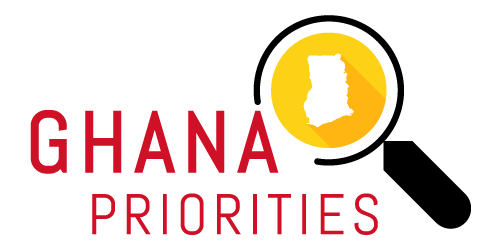Background
For each of the challenges facing Ghana, we engaged some of the world’s and Ghana’s top economists to analyze the problem, outline the most important solutions, and provide estimates of costs and benefits for each solution. As a result, each challenge now has a number of solutions, with estimates of how much good they will do per cedi spent.
With this research, we engaged the public and other stakeholders throughout the country to talk about how to solve problems, based on strong economic evidence. There were lots of intriguing stories on what works and what doesn’t and on the cost and benefit of different solutions.
Which solutions should get top priority? With analyses for all of the main challenges, we asked thought leaders, youth forums and decision-makers, engaging the entire public through media, to participate in priority setting. We then asked policymakers, businesses, development agencies, and other stakeholders to prioritize across all of the different areas.
Imparted with knowledge on the solutions that work, coupled with an understanding of where a cedi goes furthest, we empowered the public, policy leaders, and decision-makers to focus more on some of the most incisive development solutions for Ghana. While real politics will still be influenced by many other considerations, this project gave headwind to the least impactful solutions while providing tailwind to the best solutions for Ghana.
Click here for an in-depth overview of the entire project process.

